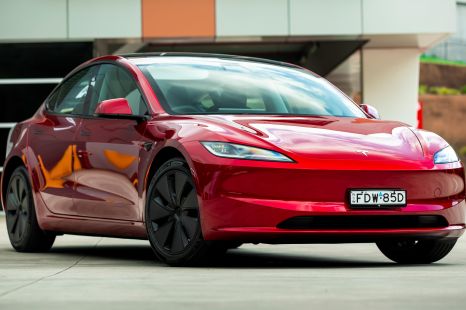

Damion Smy
China bans Tesla-style door handles
2 Hours Ago
Jaguar Land Rover won't be getting direct investment from the UK government to help it weather these tumultuous times.

News Editor
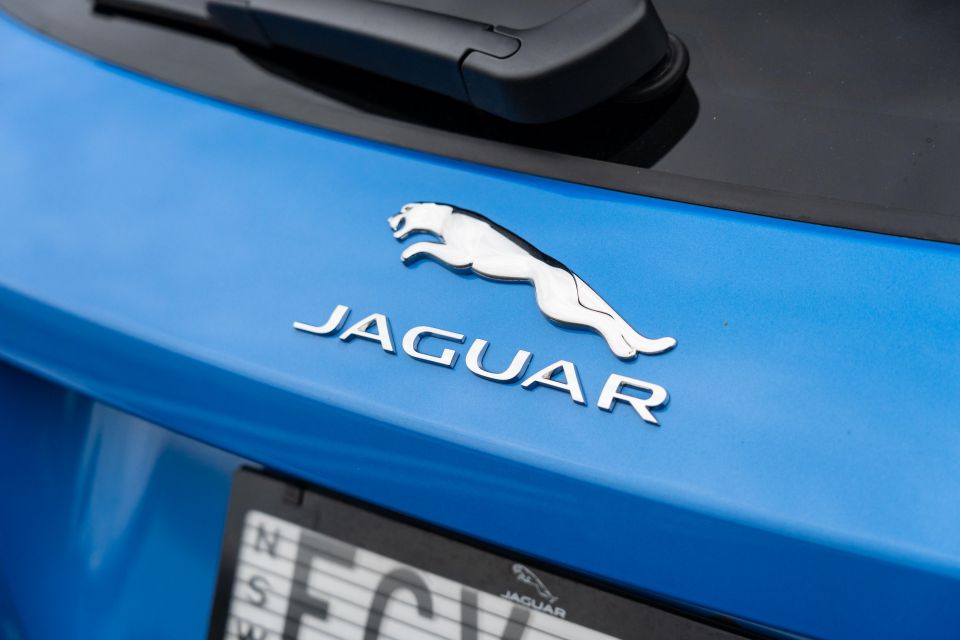

News Editor
There’ll be no bailout of Jaguar Land Rover by the UK Government.
The Financial Times reports emergency funding discussions between the government, Jaguar Land Rover and Tata Steel have ended.
Sources close to the discussions told The Financial Times that Tata Steel and Jaguar Land Rover – both under the umbrella of the Tata Group – were unwilling to meet certain conditions.
Though the UK Treasury hasn’t publicly commented on the discussions, it reportedly found Tata Group had too much money to qualify for taxpayer-funded support.
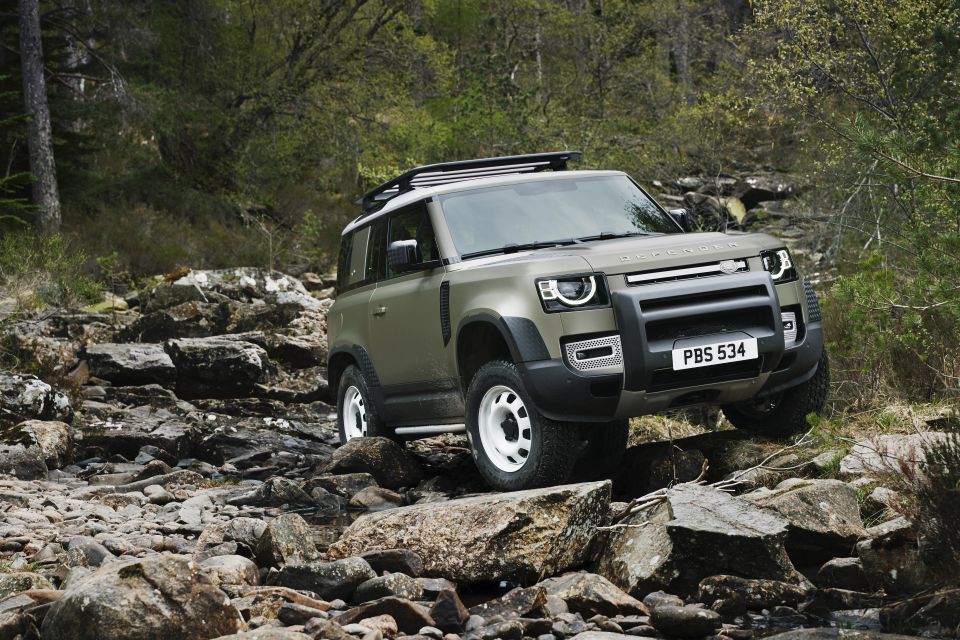
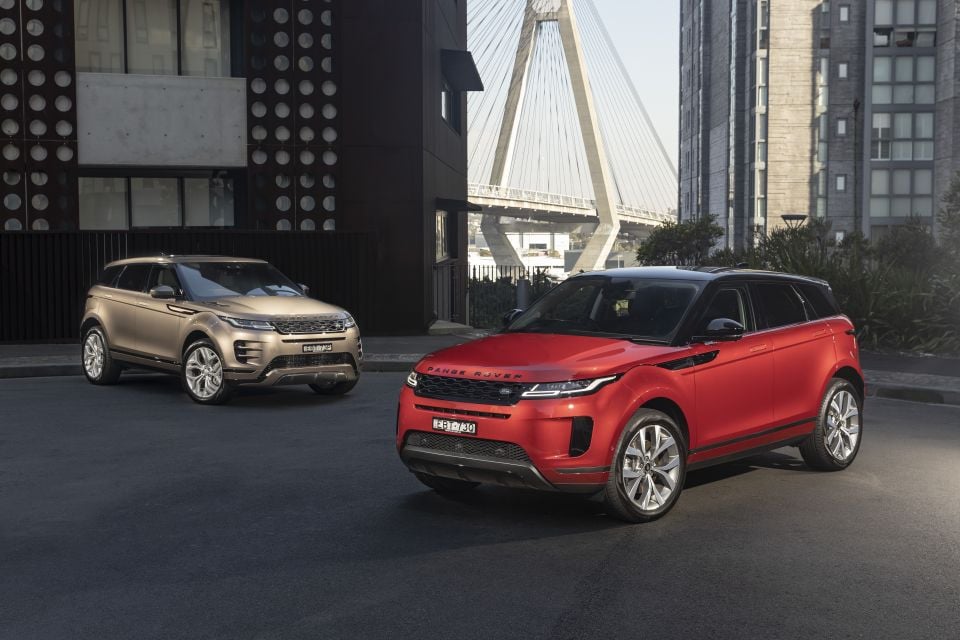
Tata reportedly didn’t want to agree to the strict conditions applied to the government assistance, while Jaguar Land Rover objected to requirements to more rapidly phase out its diesel vehicles and accelerate the electrification of its fleet. The company still relies heavily on diesel.
While there’s no bailout forthcoming, Jaguar Land Rover and Tata Steel will continue discussions with the government about other support such as tax breaks.
Some avenues remain closed. For example, JLR was earlier this year deemed ineligible for the UK Covid Corporate Financing Facility due to its poor credit rating.
Tata Steel employs 8000 people in the UK, while Jaguar Land Rover employs around 38,000 people.
Jaguar Land Rover posted a loss of £422 million (A$767 million) in the fiscal year ending March 31, with outgoing CEO Sir Ralf Speth blaming COVID-19 for derailing a fiscal year that was on track to end with a profit.
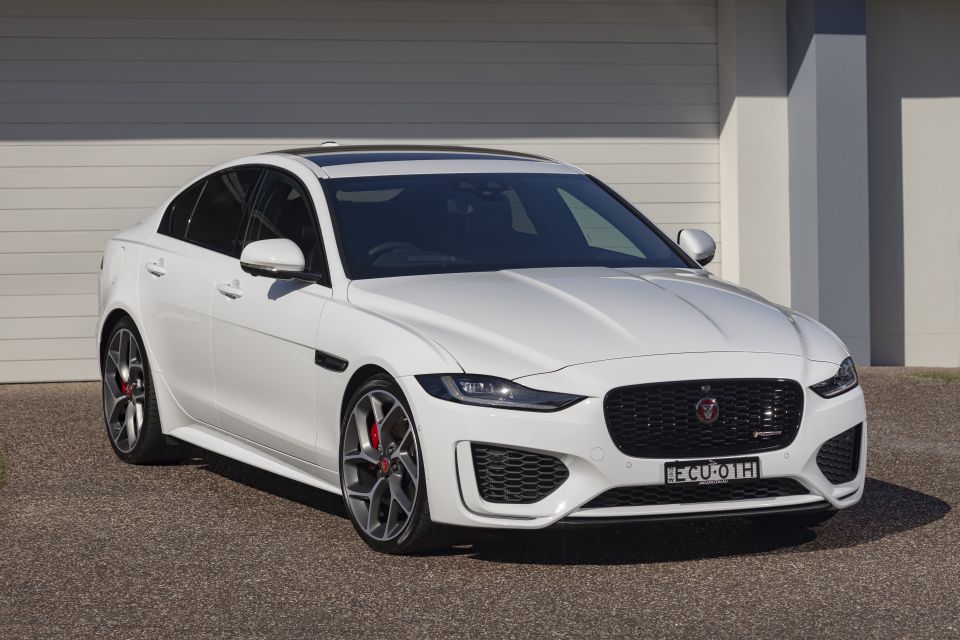
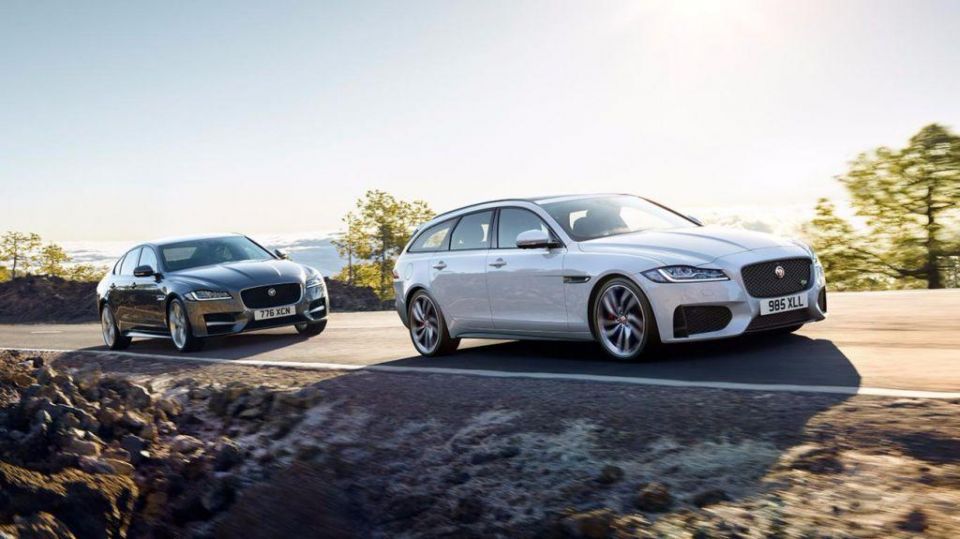
As part of the Project Charge transformation activities spearheaded by Mr Speth, the company was able to deliver savings of £3.5 billion by the end of the fiscal year. The target for the new fiscal year is to find £5 billion of savings.
To meet this target, the company is deferring or delaying “non-critical investment”, with targeted investment spending of £2.5 billion in the new fiscal year. The past two fiscal years saw investment spending of £3.3 billion and £3.8 billion, respectively.
That will likely impact the company’s product plans, particularly those for Jaguar.
According to Automotive News Europe, plans for a second-generation XE and third-generation XF are “in flux”.
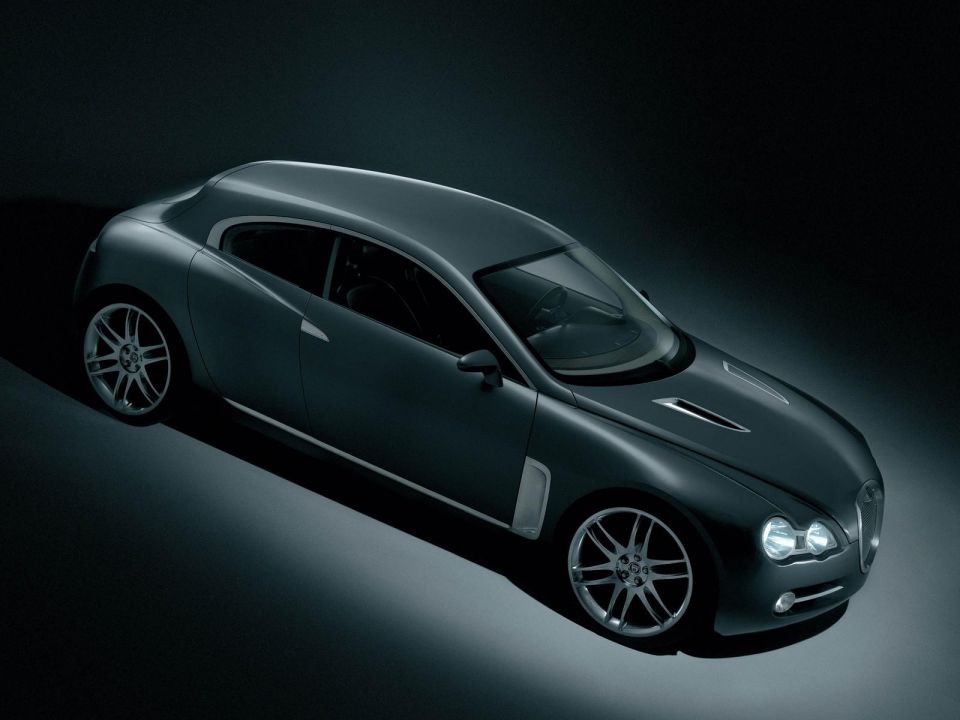
The XF is set to receive a refresh in the next 12 months but its future beyond 2025 is being decided. One report from Autocar says Jaguar may replace both models with a smaller vehicle, potentially a hatchback, that could be conceptually similar to the 2003 RD-6 concept (above).
Jaguar’s best-selling vehicles, the E-Pace and F-Pace SUVs, are both set for a refresh later this year. Both SUVs will receive tweaked front and rear styling, slightly more power and updated infotainment systems, while a hybrid option could join both ranges in 2022.
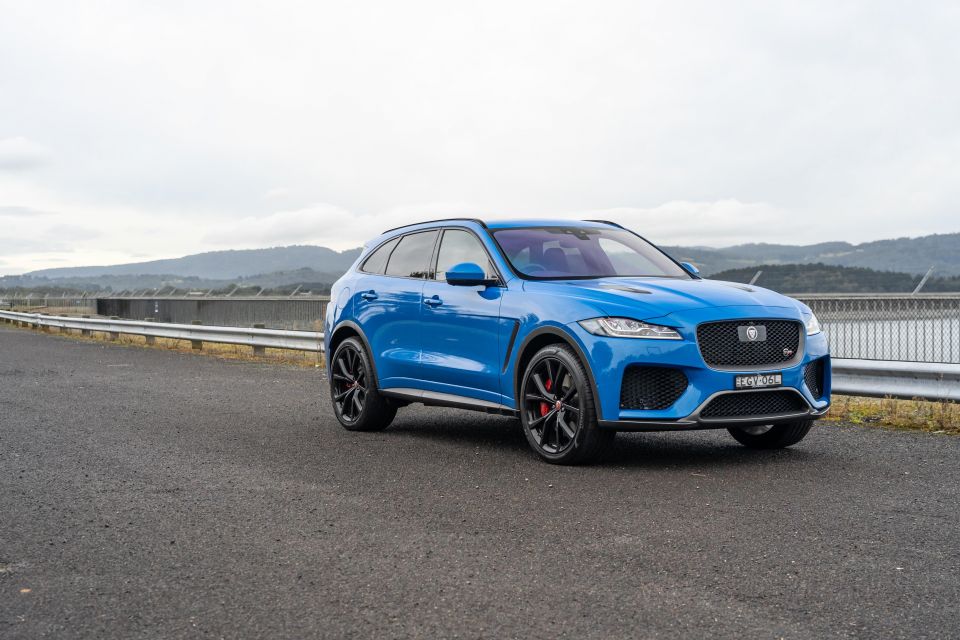
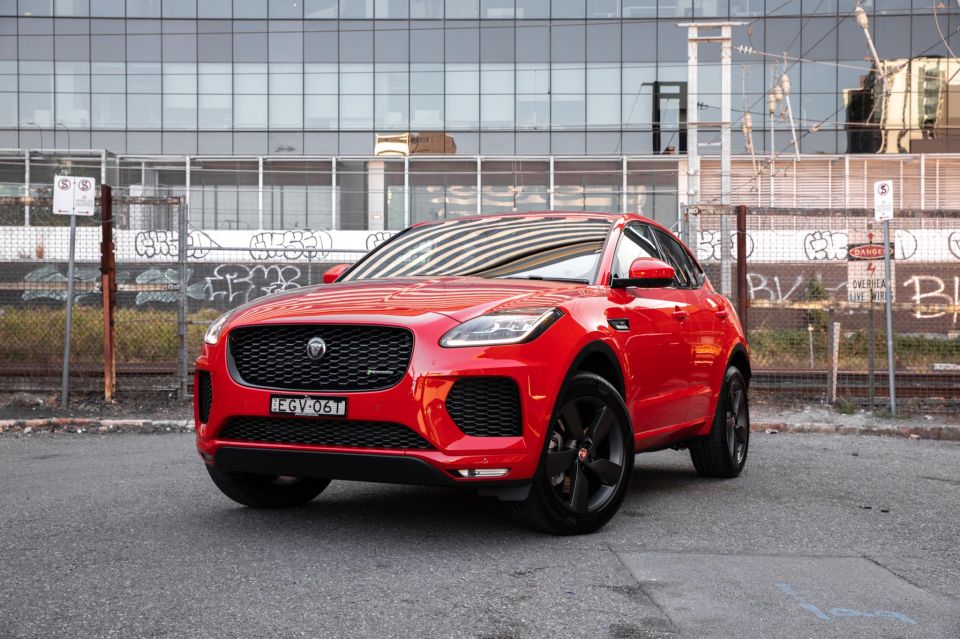
Automotive News Europe expects the E-Pace will be re-engineered in 2022. The current model is still on the first-generation Range Rover Evoque and Land Rover Discovery Sport platform, both of which have recently moved to new underpinnings.
The Jaguar SUV range will be topped by a new flagship model called the J-Pace, which may debut in 2022. It’ll share its Modular Longitudinal Architecture with the upcoming XJ, which opens the door to battery-electric powertrains.
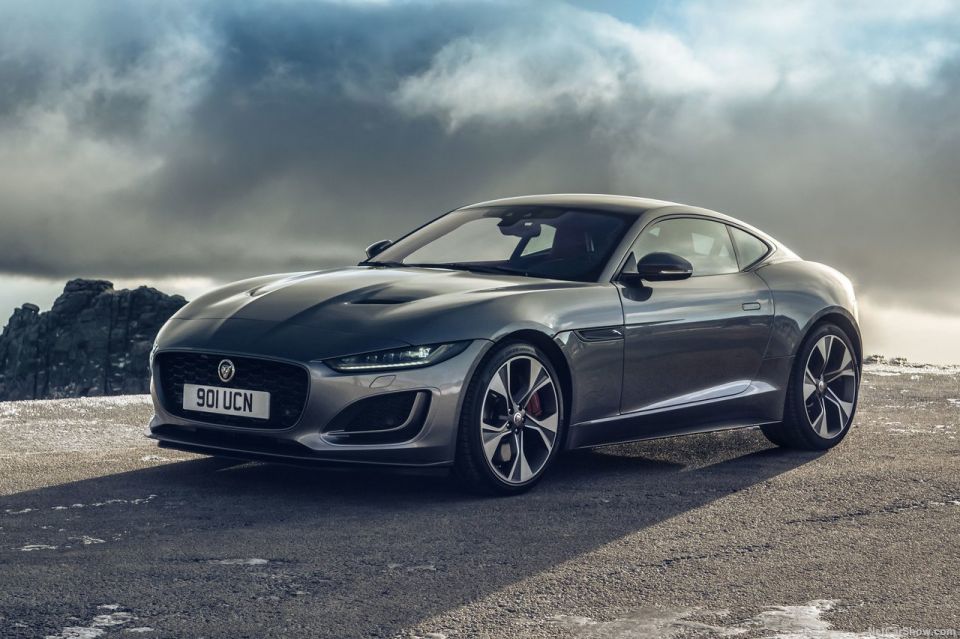
The F-Type and XJ may be two of Jaguar’s lowest-volume vehicles, but the company has always offered a flagship sedan and a coupe.
Technically, the XJ’s run of over five decades has been halted as Jaguar tools up its Castle Bromwich plant for the next-generation model, which will boast a battery-electric powertrain and rival the upcoming Mercedes-Benz EQS.
Originally set to be launched next year, the next XJ has reportedly been delayed by 12 months as Jaguar Land Rover prioritises more profitable vehicles.
According to Jaguar officials, the F-Type is safe as it’s an integral part of the company’s image and heritage. Its replacement, however, may go in a different direction – either a petrol-powered, mid-engined model or a pure-electric one, the latter of which could wear the EV-Type name that JLR recently trademarked.
William Stopford is an automotive journalist with a passion for mainstream cars, automotive history and overseas auto markets.


Damion Smy
2 Hours Ago
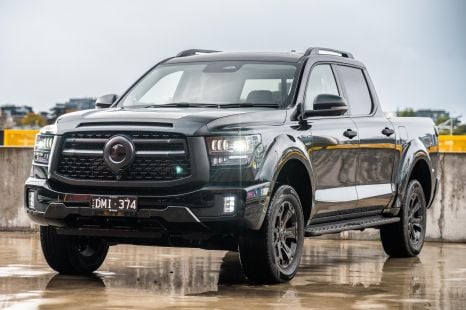

Damion Smy
3 Hours Ago
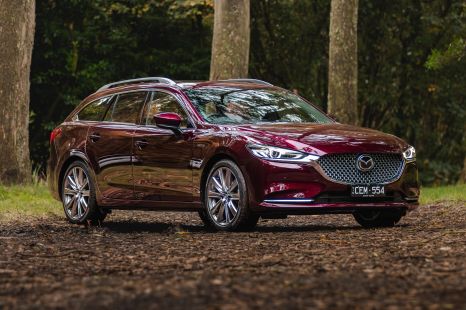

William Stopford
4 Hours Ago
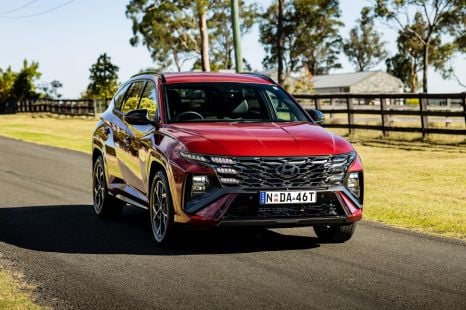

Matt Campbell
12 Hours Ago
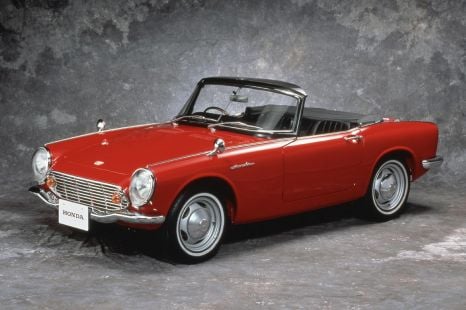

Max Davies
1 Day Ago
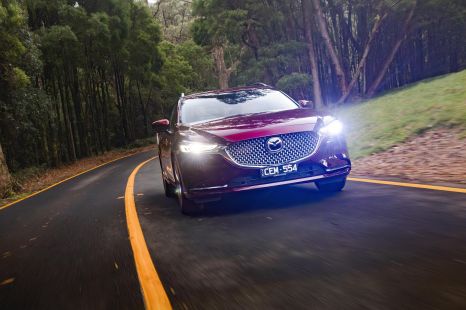

William Stopford
1 Day Ago